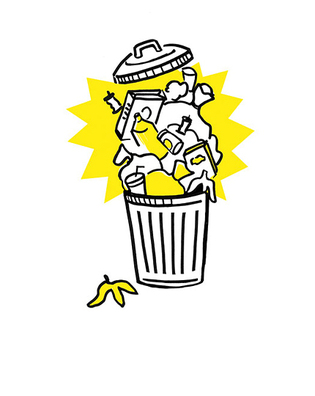 loading
loading
FindingsNotedHigh-risk medical devices implanted within the body—artery-opening stents, hip replacements, and many others—can be lifesavers. But an August study in the Journal of the American Medical Association, by School of Medicine associate professor Joseph S. Ross ’06MHS and his colleagues, suggests that the devices may be inadequately tested both before and after surgery. Ross’s team looked at 28 products given approval in 2010 and 2011 by the US Food and Drug Administration and found that most had only one pre-approval pivotal study and one completed post-approval investigation, even several years after device approval. The researchers prescribe “continued study.”
Many Americans are not very good at resisting the temptation to withdraw their retirement savings early. James J. Choi, professor of finance at the School of Management, and his colleagues may have a solution. In a series of experiments reported in August as a National Bureau of Economic Research working paper, the researchers found that in a representative sample of 1,045 adults, most voluntarily acknowledged their lack of self-control and, with no prompting, chose to put at least half their savings in a restrictive account.
 Celia PoirierView full imageThe American throwaway society is about twice as wasteful as previously supposed. In a study published online in September in Nature Climate Change, Jon T. Powell, a doctoral student in chemical and environmental engineering, used recently available EPA data to estimate the amounts of trash deposited at more than 900 landfills. He and his colleagues found that in 2012, 289 million tons of waste had been dumped; the EPA estimate, which used a different methodology, was 135 million.
The comment period has expired.
|
|